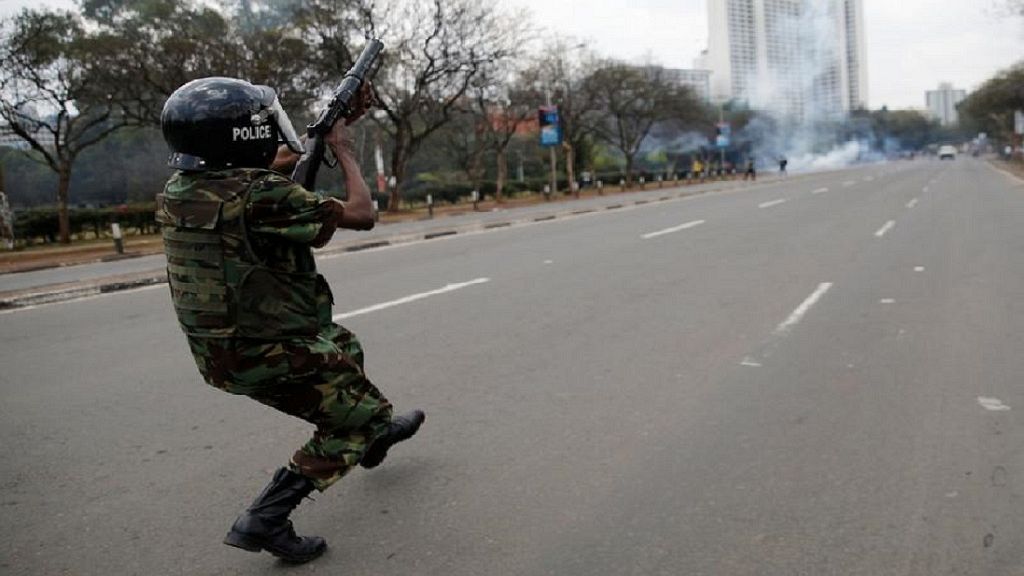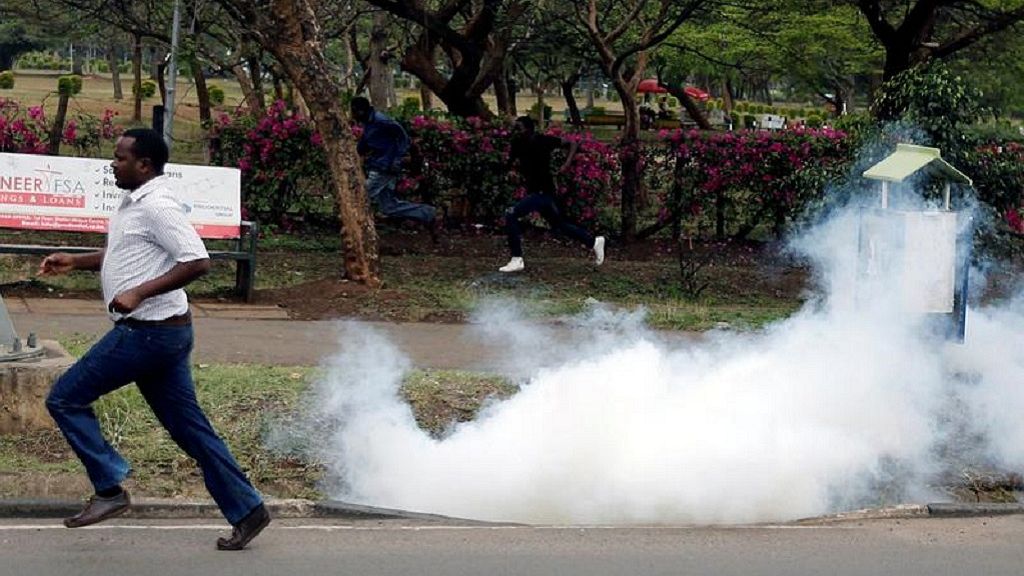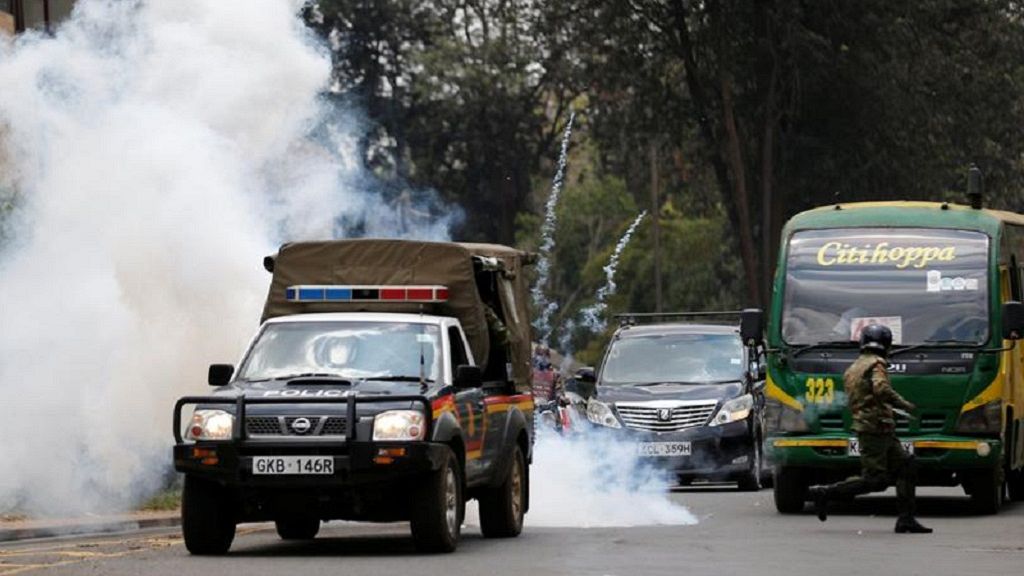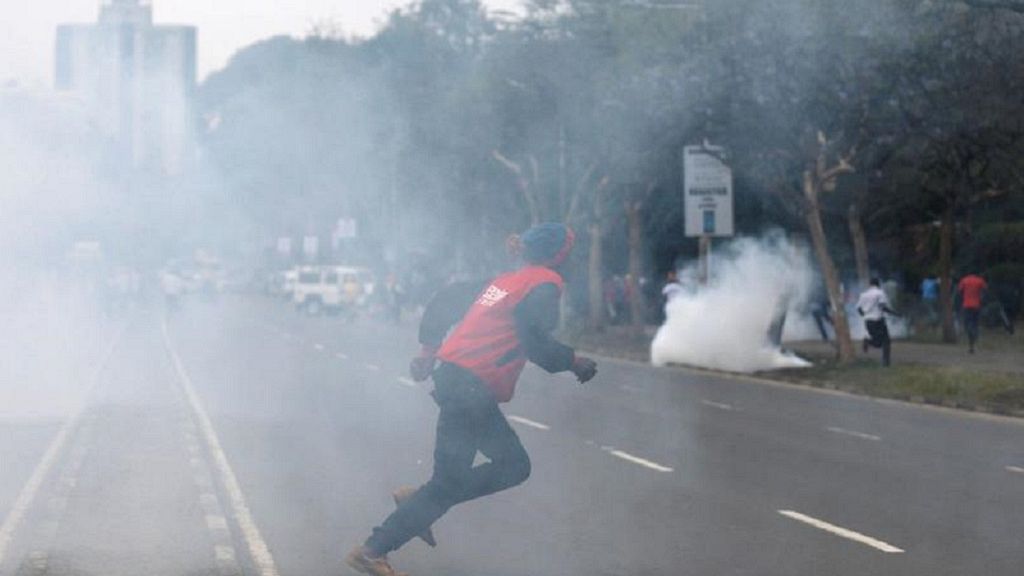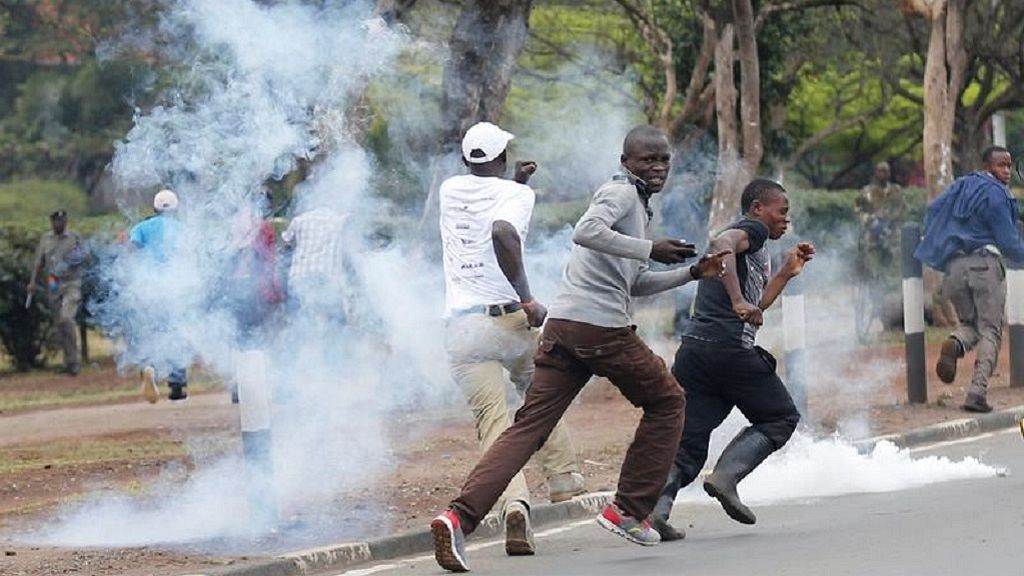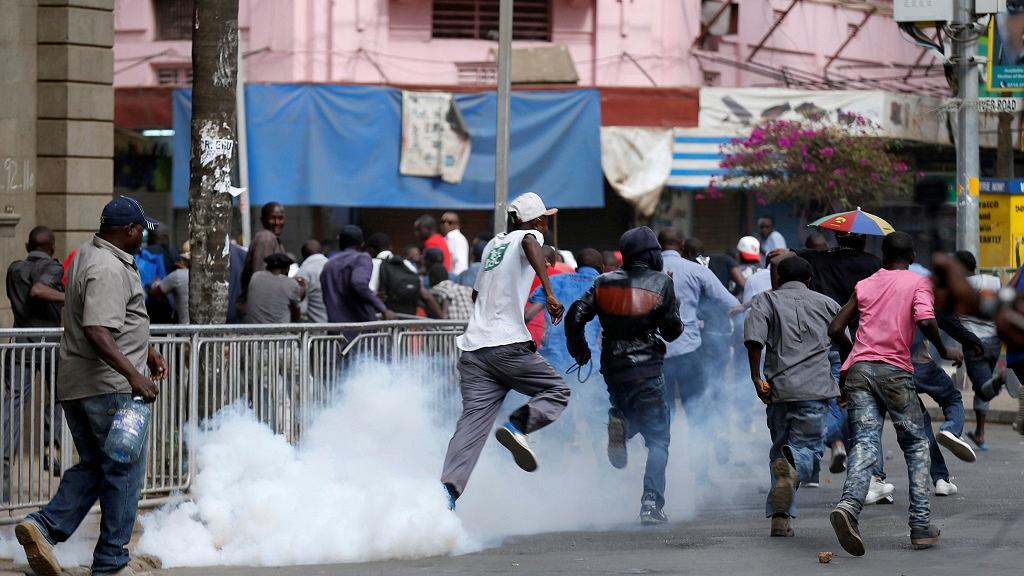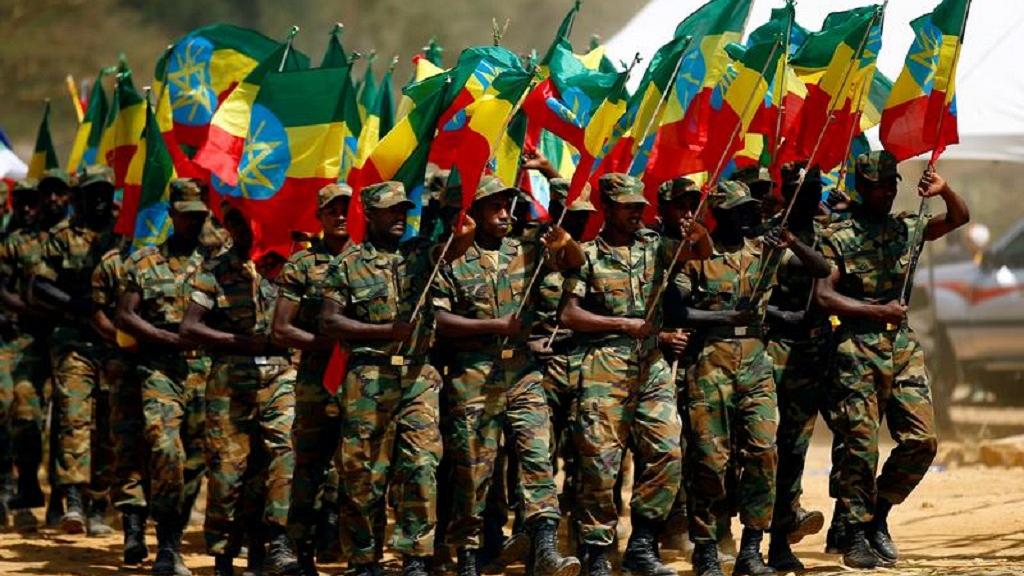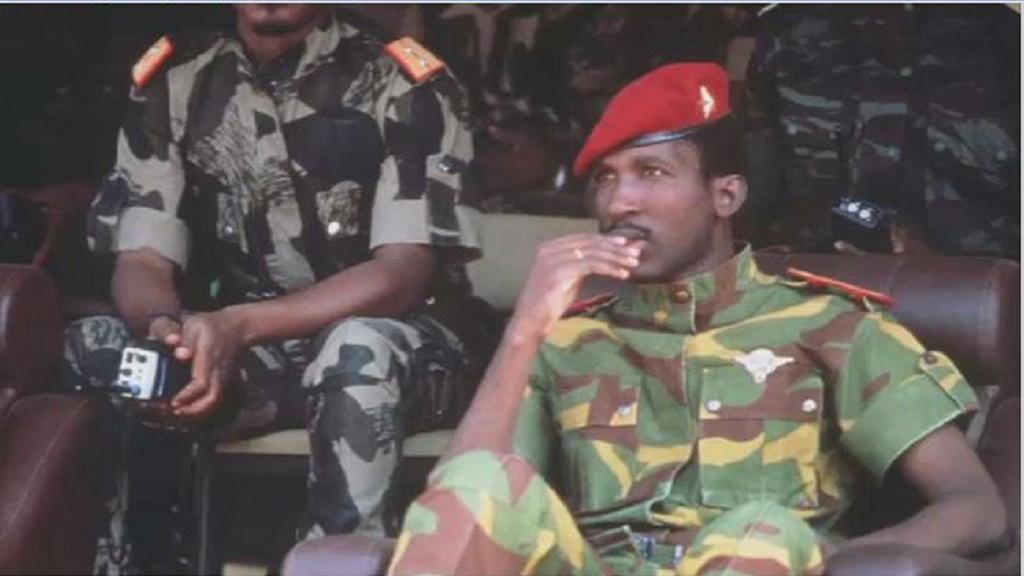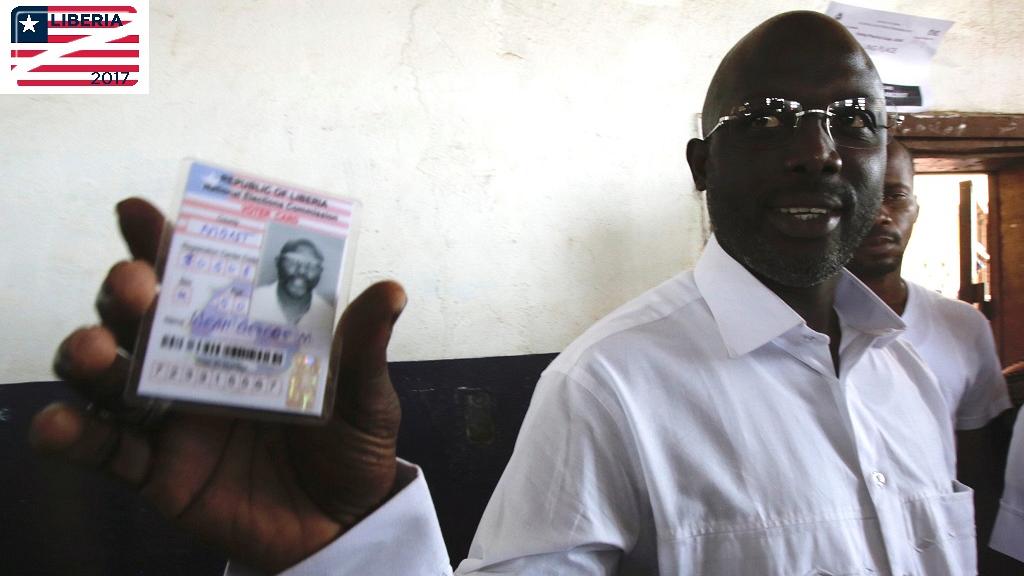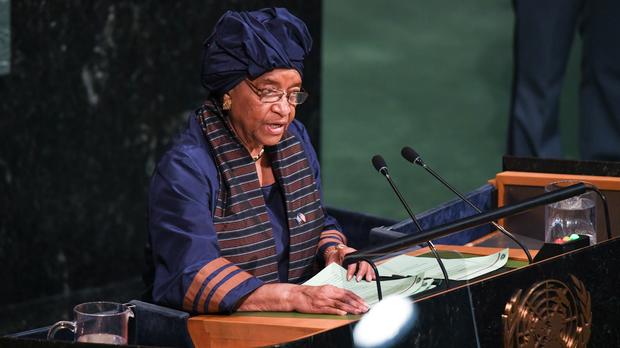
Monrovia - Thousands lined up at polling booths in Liberia's capital on Tuesday for their first democratic transfer of power in 73 years in a vote haunted by a savage civil war that ended in 2003.
Many Liberians praised their outgoing president - 78-year-old Nobel Peace Prize winner Ellen Johnson Sirleaf - for keeping peace since the 14-year conflict when gangs of drugged child soldiers wearing ammunition belts marauded through the streets.
Yet, while preparations and voting have been peaceful, a former rebel leader, Prince Johnson, is one of the 20 candidates and an ex-wife of warlord Charles Taylor, now in a British prison, is the running mate of one of the favourites, former soccer star George Weah.
Unlike neighbouring Sierra Leone which had a U.N.-backed court for civil war-era crimes, Liberia has prioritised reconciliation over justice. Some of those involved in the war that killed a quarter of a million people are still prominent public figures.
"I am just voting for peace. We want peace right now, peaceful country, we want a peaceful situation now and things to go fine," said James Marthics, a voter in Paynesville, a suburb of the capital Monrovia.
Some had been waiting for hours before dawn to vote and brought small wooden chairs with them, forming orderly queues as vendors sold them soft drinks and palm wine. Early voting in Monrovia largely went smoothly, though with delays in some areas.
"I need a change of this government that is in power," said Richard Akoi, 32, a former child soldier who fought for Taylor's rebels. "I'm a die-hard fan of former president Taylor and if he shows up today in the election I'm going to vote for him."
Johnson Sirleaf, Africa's first elected female president, urged Liberians to maintain the peace in an address to the nation on the eve of the vote.
"Embrace your neighbour, regardless of their political choice," she said, wearing one of her emblematic bright headdresses.
Liberia is Africa's oldest modern republic founded by freed U.S. slaves in 1847. But its last democratic power transfer, defined as a peaceful handover at the end of a full term, was in 1943.
Johnson Sirleaf beat Weah to win the election in 2005 after a period of transitional government following the civil war that ended two years earlier.
Results are expected to begin arriving later this week. But most analysts think it is unlikely that any single candidate will win a majority of votes on Tuesday, raising the likelihood of a run-off election some time in early November.
Among the favourites are Vice President Joseph Nyuma Boakai of the ruling Unity Party known locally as a "countryman" meaning an indigenous Liberian; international lawyer Charles Brumskine of the Liberal Party; and Weah, who played for AC Milan and Paris St Germain and was greeted at the polling station by lively supporters in football shirts.
Rebel leader Johnson, who in a broadly circulated video tape was shown casually sipping a beer as he directed the torture of President Samuel Doe shortly before his murder in 1990, is considered to have only a remote chance.
Roddy Barclay, director at risk advisory Africa Practice, said the participation of civil war-era figures was unlikely to lead to a "slide back into an era of warlord politics".
As well as her role in keeping the peace, Johnson Sirleaf is held in high esteem internationally for promoting women's rights and for respecting the constitution in a continent where many leaders cling to power beyond their legal tenure.
But many at home, who call her simply "Ellen", say they are disappointed she has not done more to accelerate development and end corruption in a country still ranked near the bottom of the U.N. human development index at 177 out of 188 countries.
One polling station in Monrovia had no electricity and officials had to use flashlights to illuminate voter lists, a Reuters witness said.
Others blame her for the legacy of a weak health care system which has still not fully recovered after the 2014-2016 Ebola epidemic that killed nearly 5 000 people in Liberia.
"We don't feel free because the children are not going to school," said Emma Nathaniel, a 60-year-old widow with 12 children. "We are straining ourselves," she said from the voting queue, surrounded by piles of garbage.
Read more »
